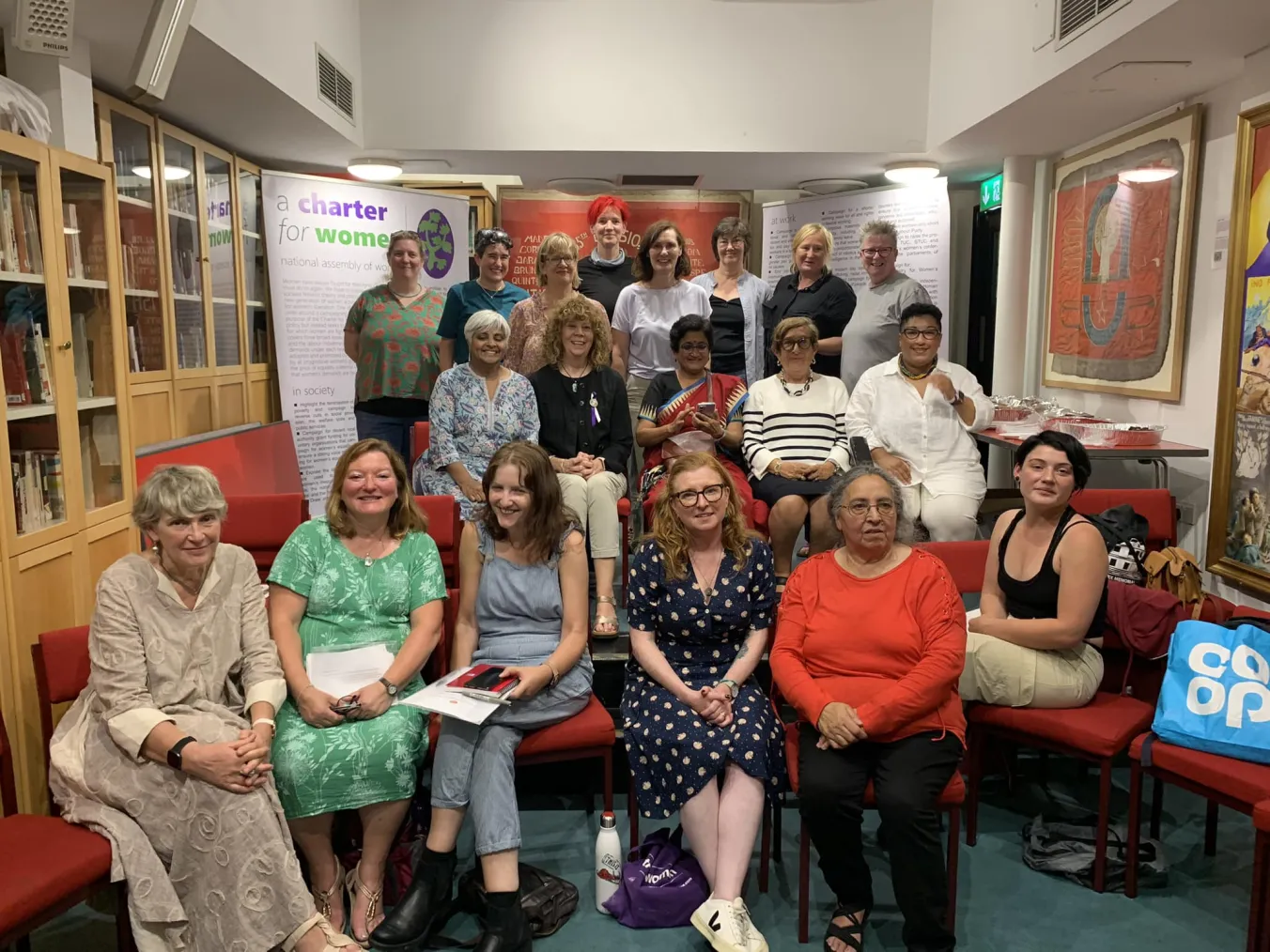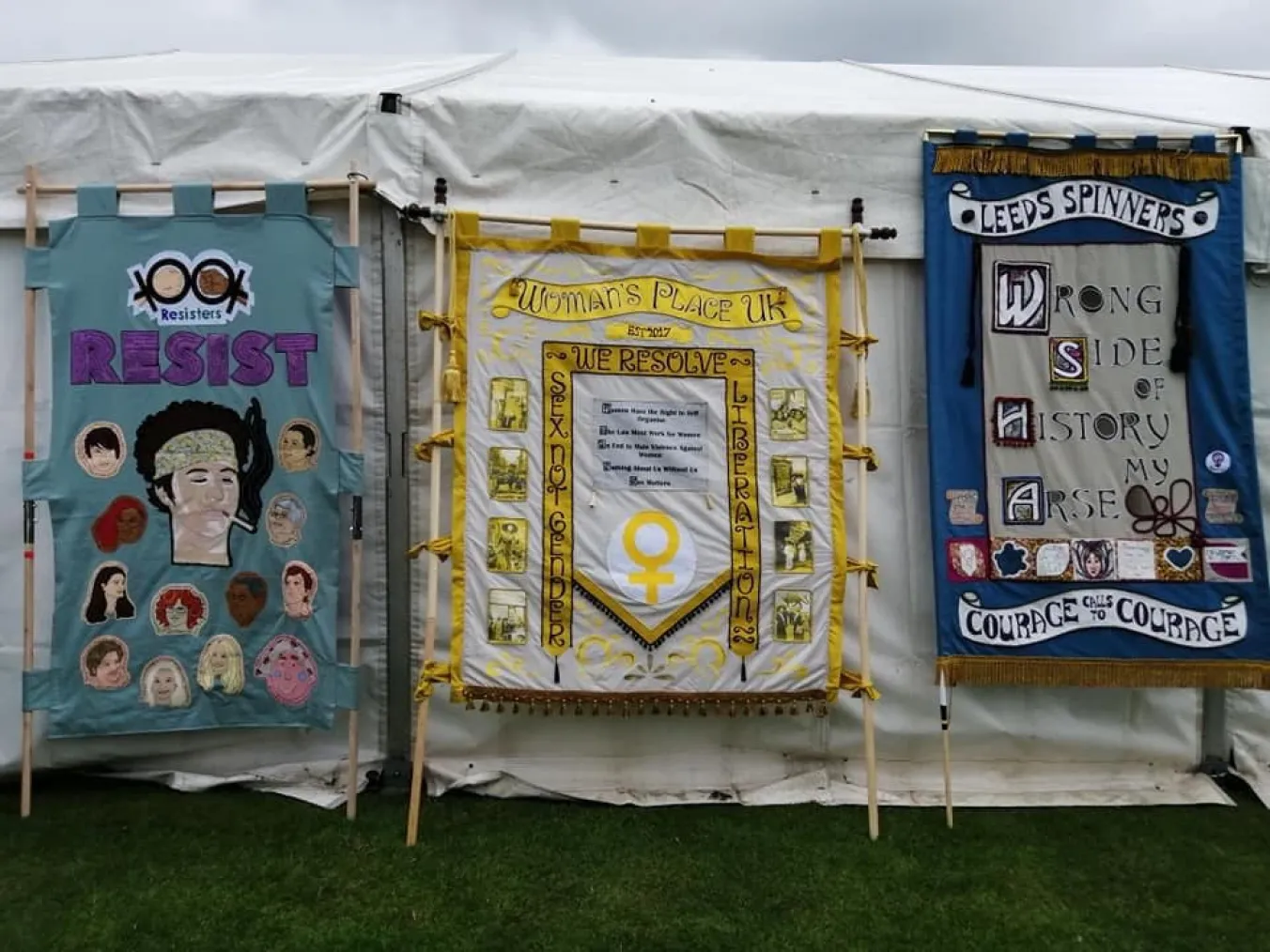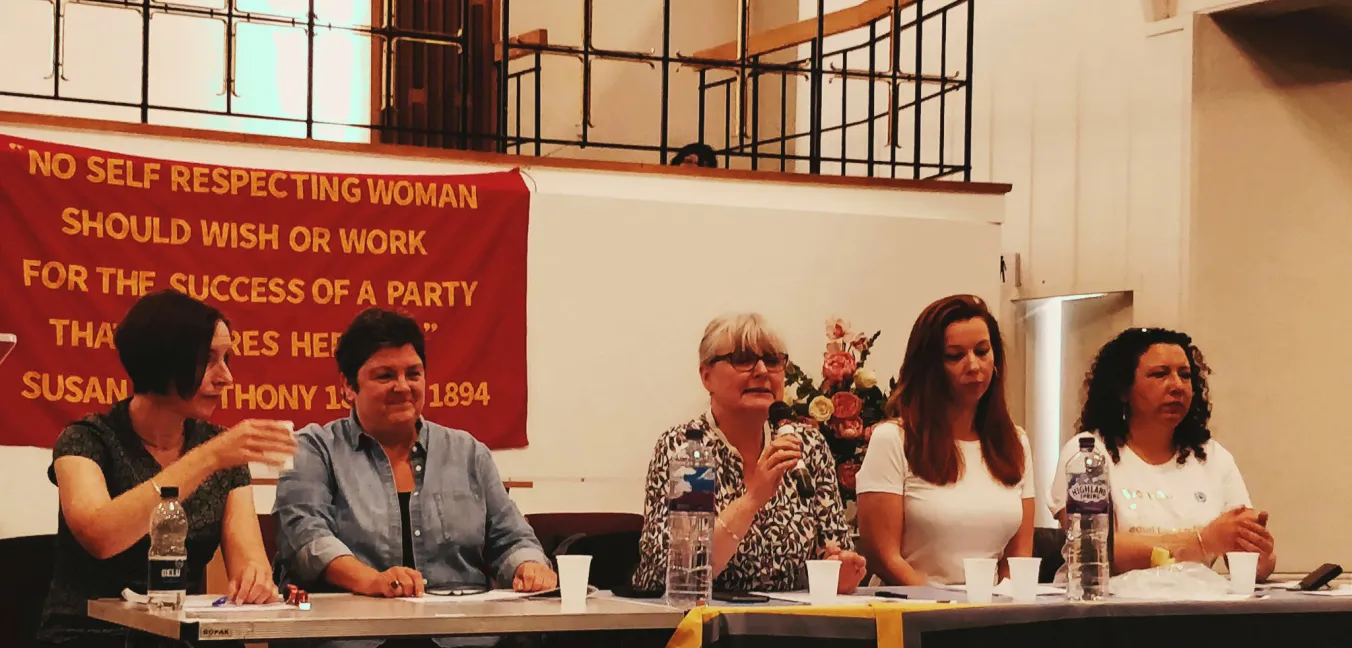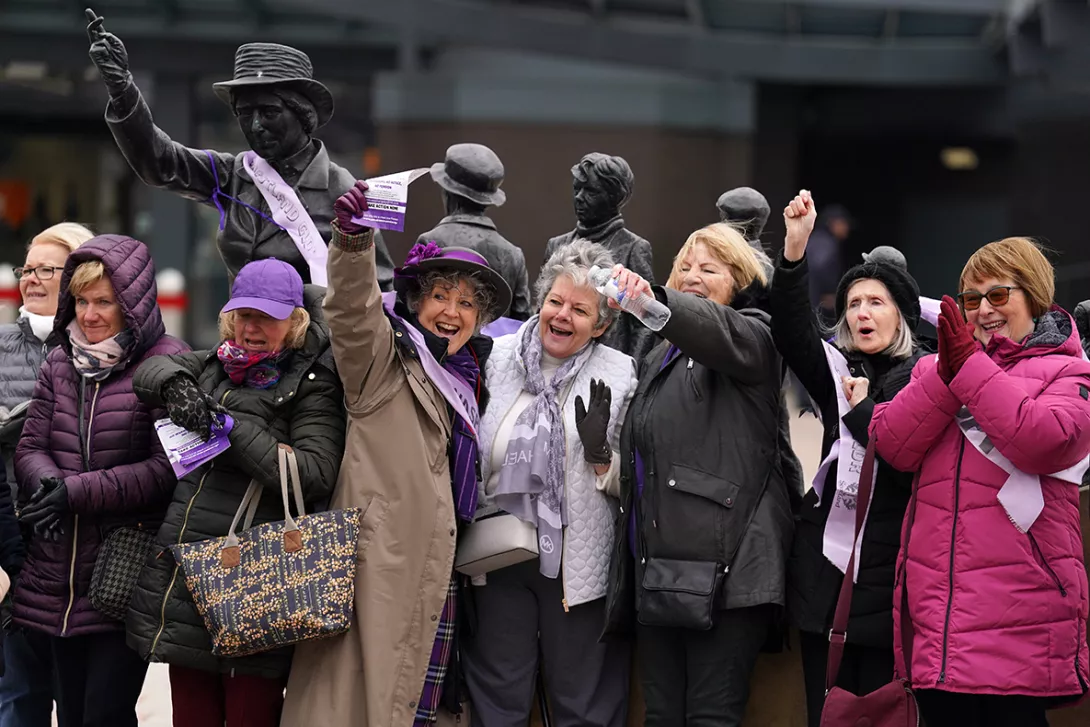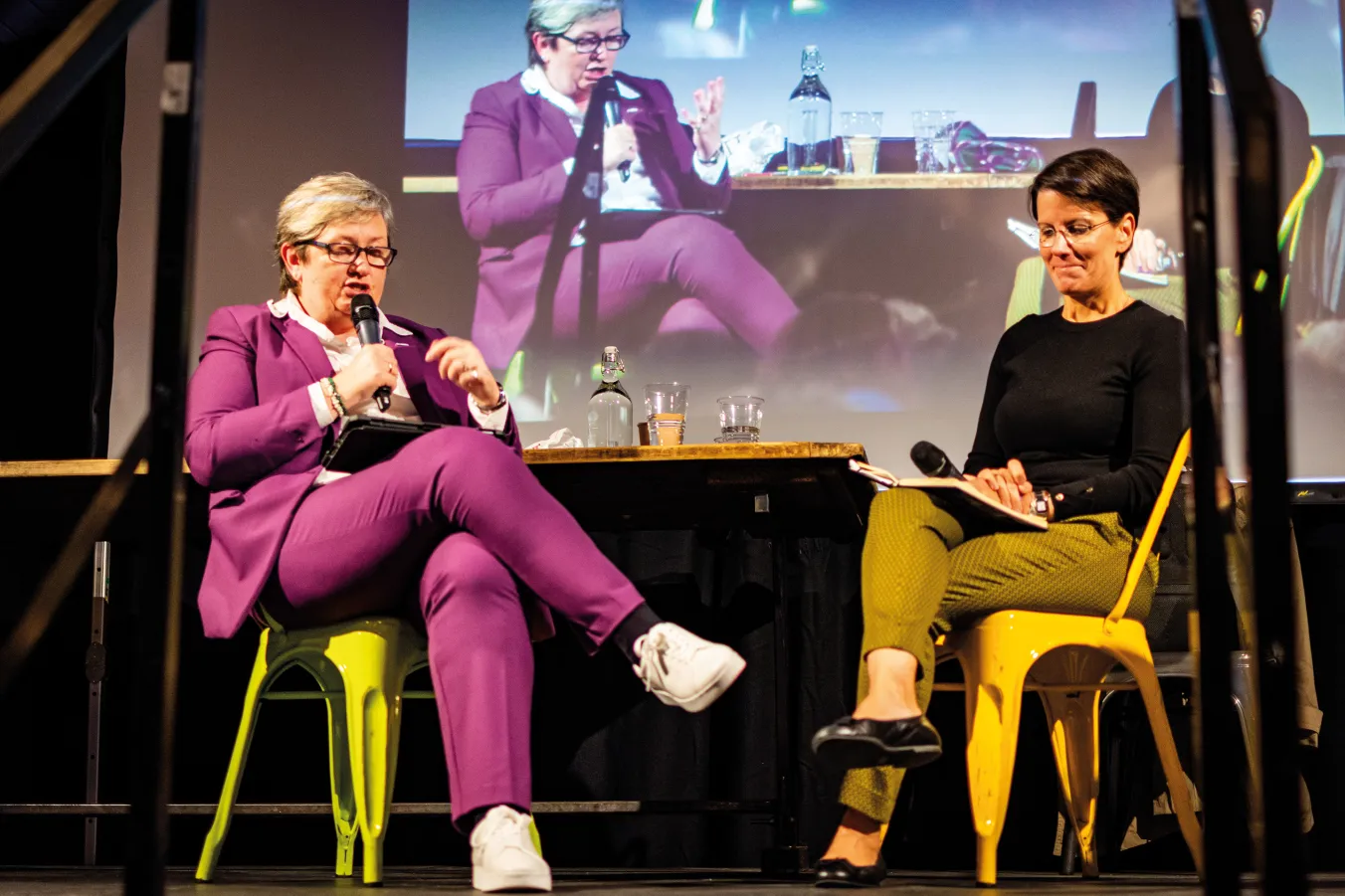
IT WAS a conference that almost didn’t happen. Hours before FiLiA, the largest grassroots feminist event in Europe, was due to begin, organisers issued a statement from CEO Lisa-Marie Taylor, saying: “We were dismayed when we were informed by Platform at very short notice that they were not going to allow us into the venue.
“It was clear to us that they and their staff had been pressurised by a group determined to undermine women’s rights and thwarting freedom of speech … We are very grateful to our legal team for acting so quickly to turn this round.”
For those who haven’t been following the women’s rights movement for the past few years, this might be mystifying. But for many feminists it is now a familiar occurrence — that venues will face pressure to cancel or large angry protests for hosting women’s events that discuss sex and gender is frequently to be expected.

